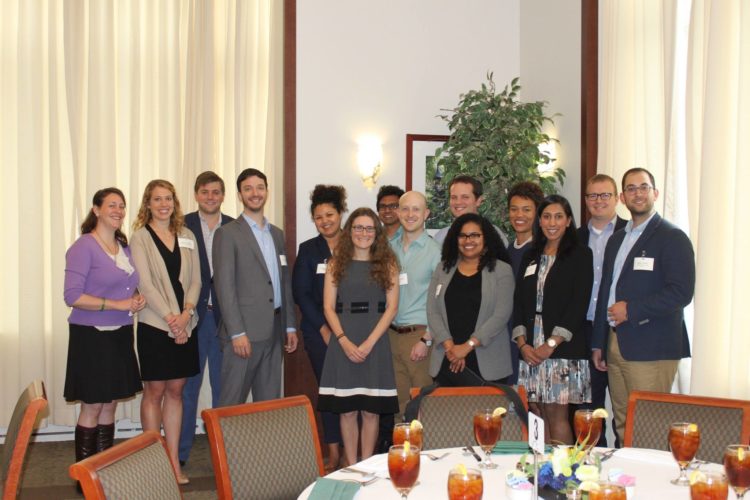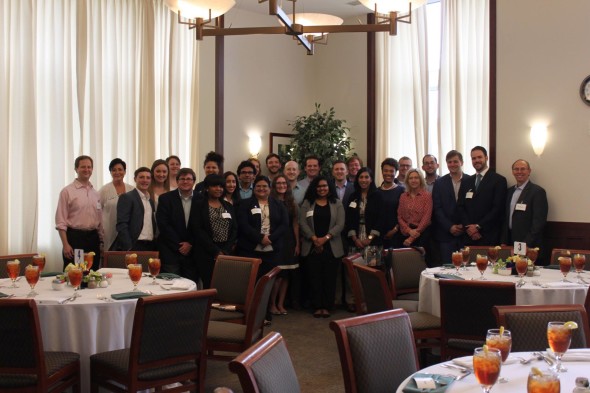Dolapu Ojutiku, MBA ’21, writes today about his summer consulting experience at Liberty Mutual. He was invited to return to Liberty Mutual full-time after graduation. His contribution is part of a series by students sharing their summer internship experiences with the Olin blog.
My internship has been one of the highlights of my MBA experience so far. I spent my summer working at Liberty Mutual as a consultant in the corporate development program. I worked on a project that had real impact on the company. I did an assessment of one of our largest vendors to streamline processes and evaluate opportunities for improvements. One of my contributions that is being implemented is a scorecard that provides better insights into the performance of our vendors. It was an eventful summer and I’m pleased to be joining the company full time after graduation.
My internship was originally intended to be in person but ended up being virtual due to work-from-home policies as a result of the coronavirus. I initially wasn’t sure what to expect, but the company did a great job of creating ways to engage with us and build community virtually. Some examples of this include a virtual town hall with the CEO to address racial injustice in the US, an executive speaker lunch series for the interns, and a virtual baking event with Joanne Chang (Boston’s Flour Bakery), a former management consultant turned chef.
Olin did a great job preparing me. I started working with my career coach at the time, Jeff Stockton, before I had even arrived on campus to start my program. I was able to participate in the Consortium Orientation Program in Houston last summer and had to get ready for recruiting much earlier than usual. The WCC team—as well as my academic advisor, Ashley Macrander—were also a good support system throughout my first year.
I found that a lot of the frameworks we learned during Seth Carnahan’s strategy class turned out to be valuable for my internship. Two other classes that really helped me succeed were “Negotiation,” by Hillary Anger Elfenbein, and “Power & Politics” by Peter Boumgarden. Lessons from those classes came in handy when negotiating with cross-functional teams and influencing people to buy-in to my project.
My advice for students about the interview process is to try to network as much as possible, since you never know who might end up being your advocate in discussions that you’re not part of. I also found value in starting case prep very early on; I attended the Management Consulted workshop as well as some of the OSCA case sessions and found them to be very helpful in supplementing my case prep. In my personal experience, preparing well for the consulting case interview made other interviews easier.
In hindsight, I realize that a lot of the pillars we value at Olin helped prepare me for my internship. I had to be entrepreneurial and take ownership for the direction and outcome of my project. I also needed to make sure that decisions I made were supported by data, but not without considering the effect it had on our customers and the values they’ve come to expect from the company.










